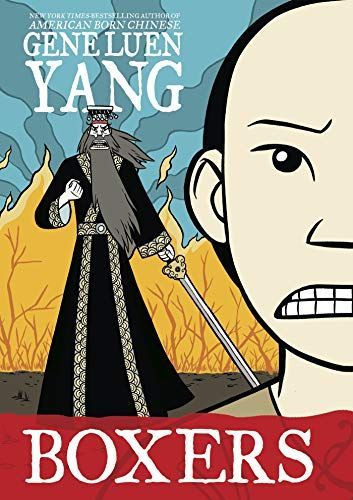
Reviews
Flavia Louise@flaviaaalouise
Katie Egan@katieshuffle
Destiny J Tamayo@ddjjtt
Ana Ignat@anaaa
Elad Schulman@theloungingreader
Bryan Alexander@bryanalexander
Jeremy Boyd@jboydsplit
Jem Sugnet@jsgnt
Joyce Gu@gujoyce1999
Jordan Peet@jayy_payyy
renee badenoch@restingbookface
Cassidy@craftycataloger
Satty@esscee2105
Amanda Kordeliski@akordeliski
Kali Olson@kaliobooks
Ana Cob@anacob
Emily Walker@ewalk
Jennifer Merchant@jennymer
Jade Flynn@jadeflynn
Yoomi@angryasiangirlreads
Brianna Best@bookingitwithbri
Rachel Rozdzial@razzledazzle
Anli Tamaribuchi @persizmon
Jess@jaydubbbbs